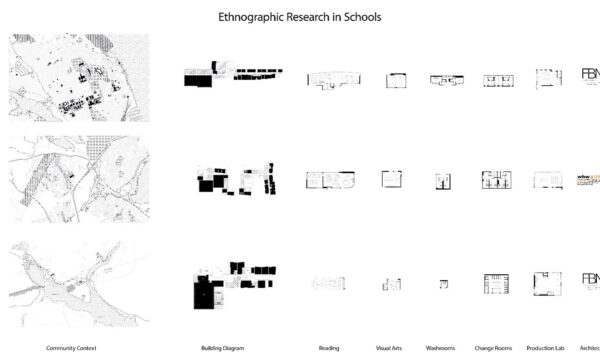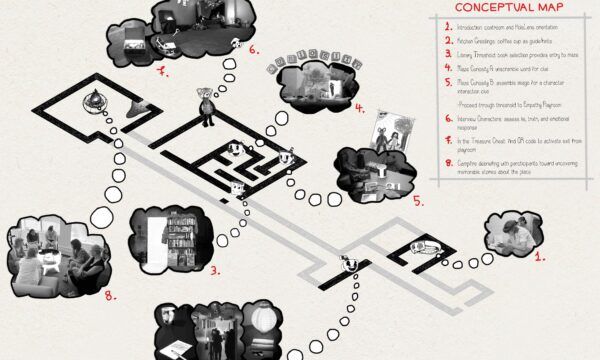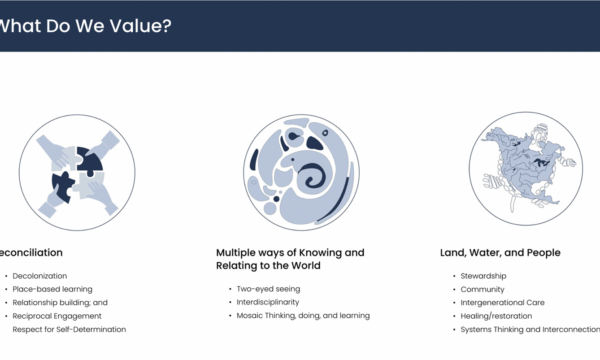The Être bien chez-soi : Adaptation de milieux de vie pour répondre aux besoins des adultes autistes project involving Université de Montréal team members and partners was recently selected for funding by the Partners for Change program of the Transforming Autism Care Consortium (TACC). This program aims to support intersectoral team projects that respond to a recognized need emerging from the community, integrating the contribution and perspective of people with lived experience and with the potential to produce concrete change.
Our project focuses on developing knowledge of the needs of autistic adults and their loved ones, in terms of living environments and the built environment, from the perspective of autistic people, as well as creating tools for adapting existing living environments in which autistic people live and evolve.
Over the years, the question of housing for people with autism has become a sustainable health issue. Despite the desire of many autistic adults to access a home and exercise their residential autonomy, access to a living environment that harmonizes with the needs of the autistic person comes up against many pitfalls: affordable environments are rare and rarely adapted to the needs of autistic people. In fact, the recent « Un chez-soi dans la communauté » survey shows that a majority of autistic adults say they are dissatisfied with their living environment. Considering the key role of home in the quality of life of all individuals, the authors underline the urgent need for action on housing for people with autism.
The data of the last decade have highlighted various obstacles to the well-being of people with autism in their own homes, but have not yet led to the operationalization of these needs in terms of concrete strategies for harmonizing the living environment with the needs of the individual. People with autism have a special relationship with their built environment, whether because of sensory particularities, or the need for predictability and recurrence, for example. As a result, the Fondation Véro & Louis (FVL), Autisme Sans Limite and Autisme Montérégie have identified a crying need for the development of guidelines for designing living environments in sync with the needs of people with autism. As the construction of a new adapted environment is not accessible to the majority or desired by a part of the population, this project aims specifically to develop concrete tools for autistic people, their families and decision-makers to adapt existing living spaces.
This project seeks to answer the following questions: 1) what aspects of the built environment contribute to the quality of life of adults with autism; and 2) what are the possibilities for adapting an existing living environment to support the quality of life of adults with autism? The aim of this project is to integrate the perspective of adults with autism into the development of tools for adapting existing living environments to the specific needs of people with autism.
Université de Montréal team members involved in this research: Virginie LaSalle (principal researcher and project co-leader), Fondation Véro et Louis (community partner) represented by Sarah Huxley (project co-leader), Jean-Pierre Chupin ( co-researcher), Victorian Thibault-Malo (master’s student in design theory, Université de Montréal) and Mylène Charrette (doctoral student in interdisciplinary planning, Université de Montréal).
Other members involved in this research: Anne-Marie Nader ( co-researcher, professor in clinical neuropsychology, Université de Montréal), Mathieu Giroux (research collaborator and autistic person), Marie-Claude Leblanc (Autisme Sans limites), Sophie Plaisance (Autisme Montérégie), Estellane St-Jean (master’s student in bio-medical sciences, Université de Montréal).
To learn more about the research site led by the University of Montréal, click here.



